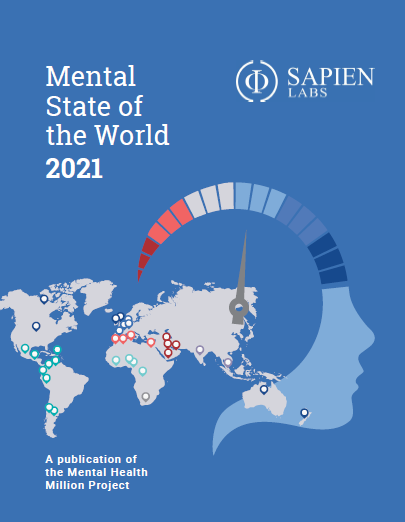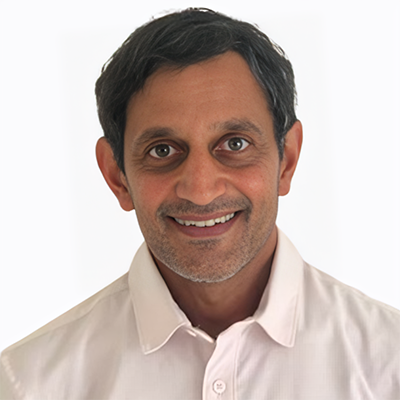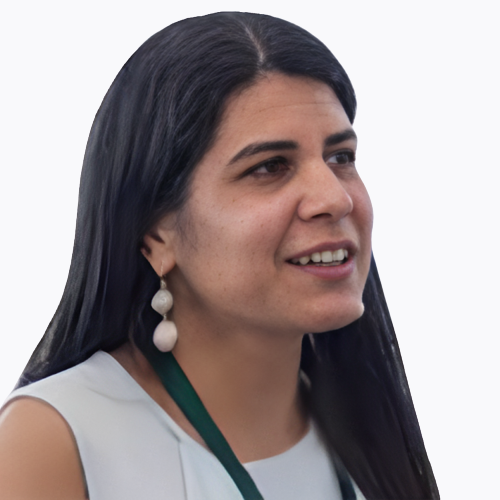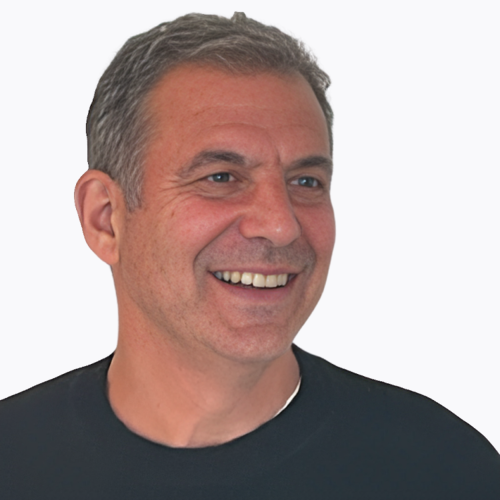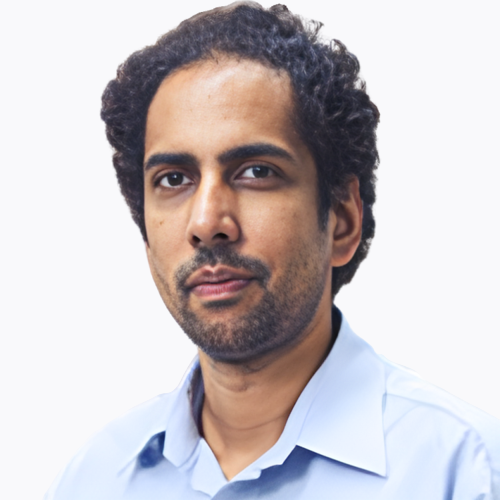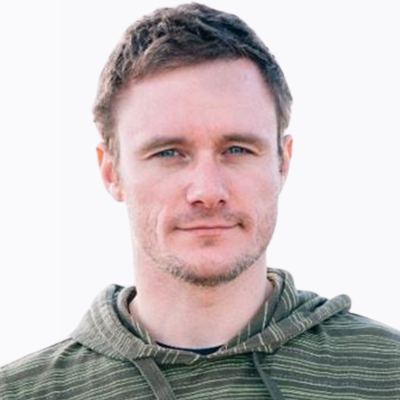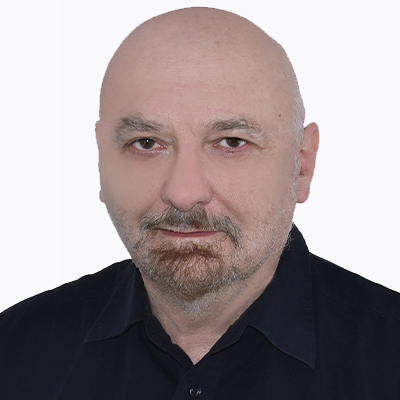Sapien Labs Releases Mental State of the World Report 2021
October 10, 2024
Washington D.C. – Sapien Labs, a non-profit research organization focused on tracking changes in the mind and brain, has released its 2nd Annual Mental State of the World Report (MSW). The MSW report is the world’s largest and most comprehensive global mental wellbeing study, drawing on insights from 223,000 respondents across 34 countries between January 1 and December 31 2021. It utilizes the Mental Health Quotient (MHQ), an open online anonymous survey that takes 15 minutes to complete and returns overall wellbeing scores. Scores are on a positive-negative scale where positive scores represent a normal range of functioning while negative scores indicate a negative impact of mental health on the ability to function normally. Key findings of the report are as follows:
A smaller decline compared to 2020
Global mental wellbeing continued to decline in 2021. However, at 3%, it was a smaller decline compared to the 8% drop in 2020. The declines across both years were significantly correlated to the stringency of government Covid-measures, particularly for the 18-34 age group.
Poorest mental wellbeing in the Core Anglosphere
Latin American and Continental European countries had the best mental wellbeing overall, while countries in the Core-Anglosphere as well as other English-speaking countries had the poorest mental wellbeing. The Core Anglosphere particularly scored lower than all other regions on the dimension of Social Self – how we view ourselves and our ability to form and maintain strong and stable relationships with others, as well as Mood and Outlook. Poor MHQ scores were correlated with country-level cultural indicators of Performance Orientation and Individualism as well as key economic indicators such as GDP per capita.
A profound generational decline in young people is prevalent across every country
The report reveals that the alarming decline in the mental health of young people is a global phenomenon. Nearly half of young people (44%) had mental health issues in the “distressed” or “struggling” ranges, compared to just 7% of those 65+. Worryingly, just 19% of 18-24 year olds had “thriving” or “succeeding” mental wellbeing scores.
This stands in stark contrast to studies prior to 2010 where young adults typically scored highest on various happiness and well being scales. Of various potential causal factors, we highlight the rapid growth of mobile phones and the internet as the one consistent trend across all countries after 2010.
A small but persistent gender gap, highest in Latin America
In general, males had slightly higher mental wellbeing than females – a gap that was highest for young adults 18-24. Across all age groups, this gap was highest in Latin America and smallest for the Core Anglosphere. Alarmingly, those who identified as nonbinary (<1%) had the poorest mental wellbeing, with 51% distressed or struggling at a clinical level.
Education and employment are key factors of mental wellbeing
Mental wellbeing increased systematically with higher levels of education for all regions of the world. There was also a substantially higher mental wellbeing among those employed compared to those unemployed or not able to work. This difference was higher in the Core Anglosphere compared to other regions of the world.
Altogether, the mental wellbeing gap between older and younger generations was the most profound (30%) compared to any other dimension examined from education, employment, gender or country-to-country and warrants active and urgent attention.
Tara Thiagarajan, Founder and Chief Scientist at Sapien Labs, said: “This year, the results quite honestly surprised us. It is the first view of the magnitude of differences in mental wellbeing across age groups, genders and countries. Overall the findings were surprising and left us to ponder that perhaps our systems of economic growth, values of individualism and a shift from in-person to largely digital interaction fosters an environment of poor mental wellbeing. This data makes clear that, to nurture the human spirit, we need a new paradigm.”
For press enquiries, email callyn@sapienlabs.org. High resolution images, graphics, logo and other assets are available here: https://drive.google.com/drive/folders/1b5KzEEe-yvbcUdHaqNcL8x-QG1l4mW8V
